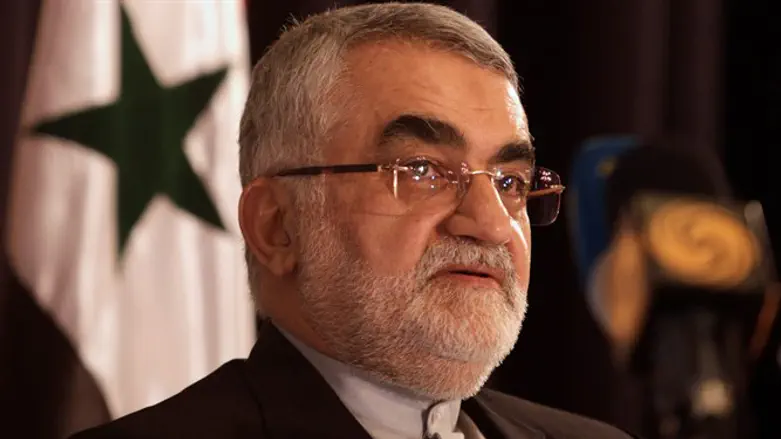
A day after U.S. President Donald Trump extended the waiver on Iran nuclear sanctions, thus keeping the nuclear deal signed in 2015 alive, a senior Iranian official stressed that the Islamic Republic will not step back from its ballistic missiles program.
In an interview with the Iranian news agency ISNA, the chairman of the Iranian Parliament's National Security and Foreign Policy Committee, Alaeddin Boroujerdi, said, “Trump is the most hated president of the American history whose hatred has crossed U.S. geological boundaries and become a global phenomenon.”
“By insulting to the black people, Trump has undoubtedly spread hatred towards himself among blacks,” he charged.
“While many European countries and the signatories of the nuclear deal have repeatedly protested to the irrational behavior of Trump, he is still considered as a serious violator of JCPOA,” said Boroujerdi, using the acronym for the Iran deal.
“However Trump was forced once again to extend Iran's nuclear sanctions waiver despite all the boasts,” he added.
In addition to extending the sanctions relief, Trump on Friday also slapped new sanctions on 14 Iranian corporations and individuals connected to Iran’s ballistic missile.
In response to the sanctions, Boroujerdi told ISNA, "Ballistic capability is the only deterrent against enemy threats in the situation that the Islamic Republic of Iran has agreed to have no nuclear weapons and to use no weapons of mass destruction such as chemical and biological weapons because it is totally against the use of weapons of mass destruction.”
In addition to its nuclear aspirations, Iran's ballistic missile program remains a concern as well. The Islamic Republic has several times test-fired ballistic missiles in recent months, raising the ire of the West.
The United States has several times imposed sanctions on Iran, saying its missile tests violate UN resolutions.
Iranian President Hassan Rouhani has stressed that Iran will continue to produce missiles for its defense and does not consider that a violation of international agreements.

